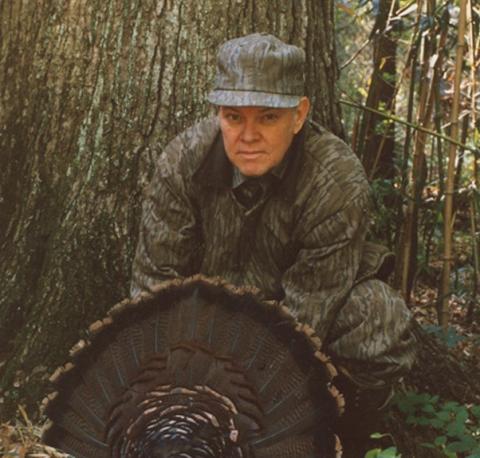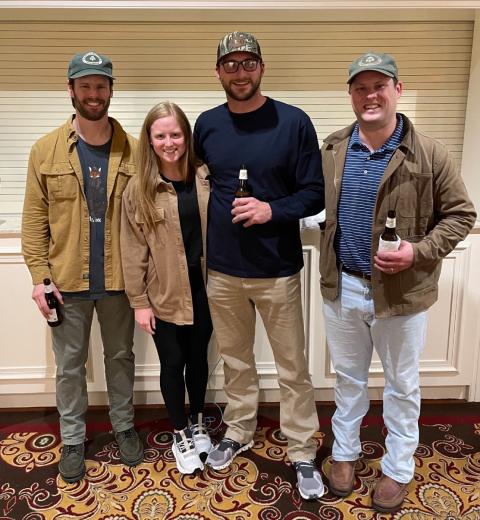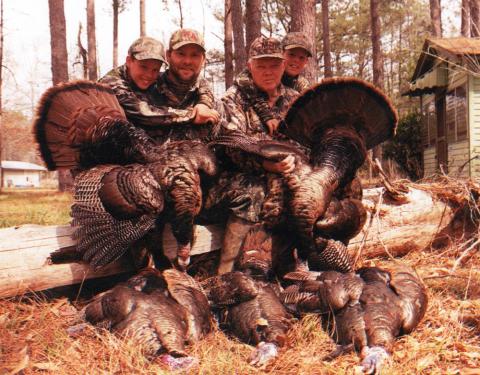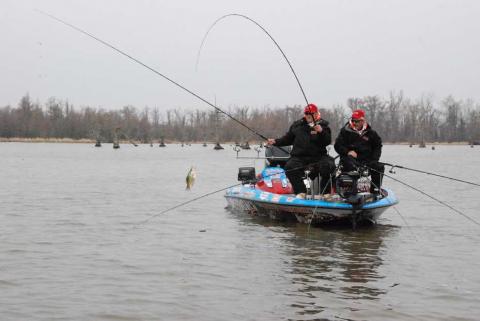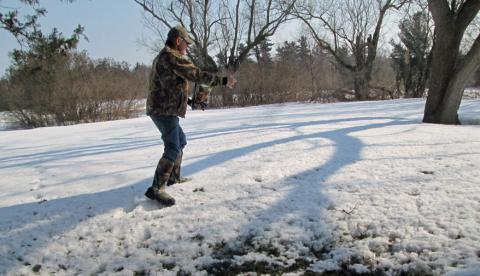provided by John Phillips
Thirty-two-year-old Mossy Oak Pro Drew Benton from Panama City, Florida, currently ranks No. 40 in the world on BassFan.com. He started tournament fishing in 2008, began fishing professionally in 2011 and has earned more than a half million dollars in his fishing career. He’s participated in the Bassmaster Elite Series for five years. To learn more, visit his Facebook page.
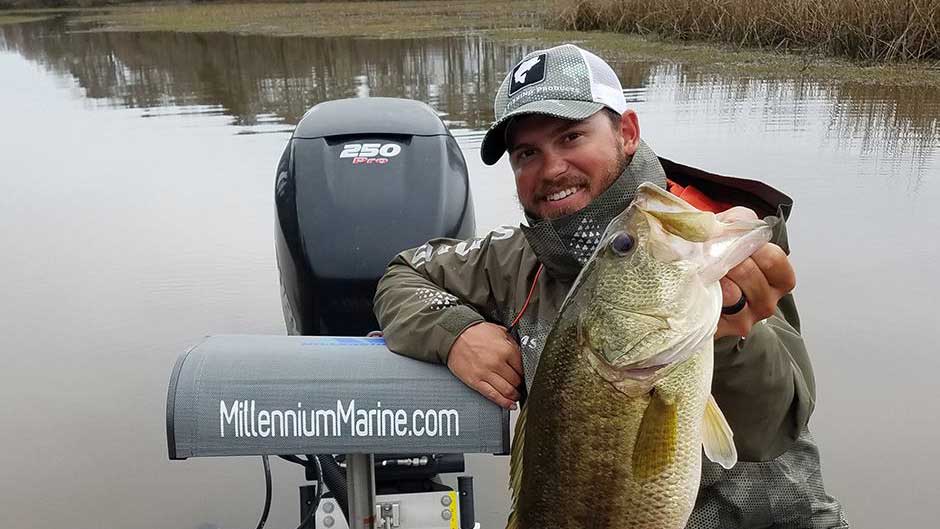
When I’m learning a new lake, I first want to know what type of forage there is for bass is in the lake. Do the bass feed on shad, blueback herring, bluegills, crawfish or other types of bait at the time of year that I’ll be fishing this lake? Tons of different ways to research a lake exist today, since we have the internet. I’ll usually start by studying Google Maps. If I’m not studying the lake at home on my computer, I’ll study the lake on my cell phone. I believe that your cell phone is the quickest and easiest way to learn a lake. On Google Maps, I can see where the grass grows, where it tops out, and where I can find humps or ridges. I’ll learn if the lake is clear too. I also can see river channels, creek channels, stumps and flats. Google Maps is always my first reference source when I’m fishing on new lake.
The next resource that I use is tournament results from previous years that have been accumulated at the same lake where I’ll be fishing. More specifically, I look at the results that occurred around the same season that I’m fishing in as well. For instance, I search, “Bass tournament results on Lake _____ during March.” I’ll often find an article or a TV show with tournament results on that lake in the month I’ll be fishing there. These results will tell me how anglers caught the bass at the time of the year I’ll be fishing that lake, and what the winning weights were. Then, I’ll know how many pounds of bass I need to bring to the scales to win a tournament there.
Normally, by using the internet to research a lake before I arrive, I can discover several key bits of information that will at least let me know what part of the lake to fish to locate the most tournament-winning bass, and what types of lures seem to be the most efficient for catching the bigger bass. You really don’t have to spend much time studying the internet to at least know what area of the lake you want to fish, what type of structure most of the bass are caught on, and what seems to be the most efficient lures to catch those bass.
As we all know, there are many factors that come together to have a successful day fishing on a lake you've never fished previously. We all realize that weather and water conditions often play the most important roles in where you find and catch the bass. But with this information, at least before you get to the lake, you’ll have a starting point to identify the bass and know what lures will be successful when you arrive at a lake for practice.




















